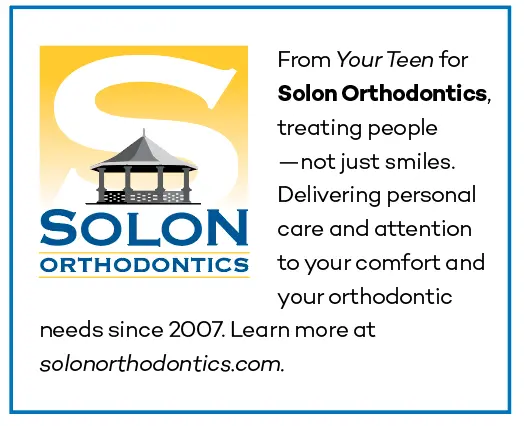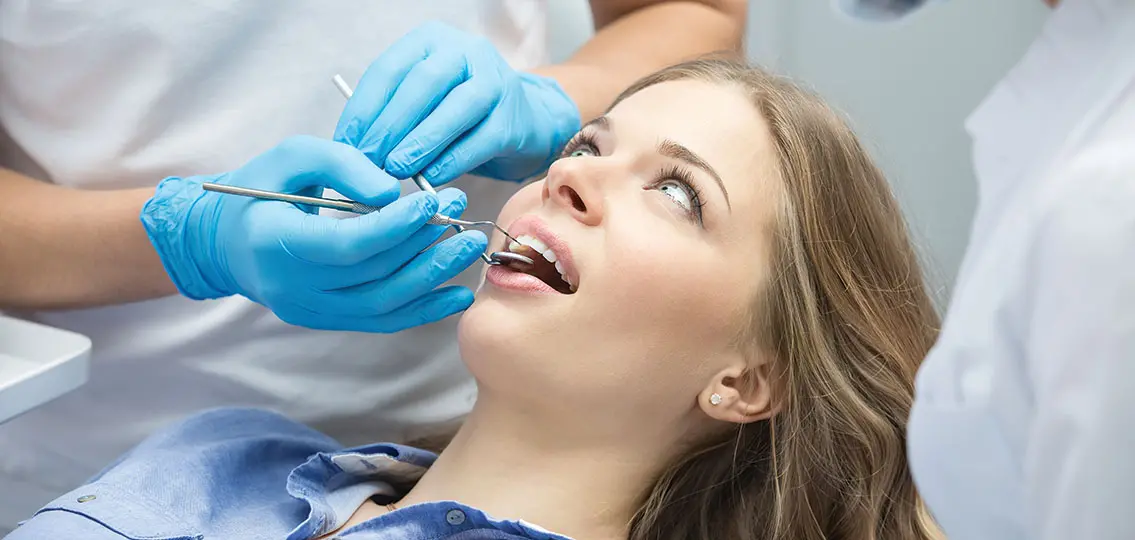Beginning orthodontic treatment can be an exciting time. But some patients may have dental issues to resolve before they can get braces. We spoke with Dr. Philip D. Bomeli, D.D.S., M.S., of Solon Orthodontics in Solon, Ohio, to learn what patients and their parents should expect before they begin treatment.

Q: What are common problems patients have before orthodontic treatment can begin?
Bomeli: Before beginning orthodontic care, whether it’s braces or Invisalign, one of the most common issues we see is baby teeth. They could be causing spacing issues. They may also be preventing permanent teeth from coming in properly or from coming in at all. Some patients who still have baby teeth will need to see a dentist to have them removed before we put braces on.
Q: What about wisdom teeth? Can they also present problems?
[adrotate banner=”30″] Bomeli: Wisdom teeth are not necessarily something that we need to address before beginning orthodontic treatment. Wisdom teeth typically erupt during the 15-to-17-year-old range, but everyone’s dental development is different. Occasionally, wisdom teeth can prevent secondary molars from erupting, and in that case we may need to remove them.
Q: If we leave them alone, will wisdom teeth eventually move the teeth that braces have just fixed?
Bomeli: As a profession, we now regard wisdom teeth differently than we did back when parents were getting braces. The common advice back then was to wear your retainer for only two years. When teeth started to move, we blamed the wisdom teeth. But research indicates that wisdom teeth don’t really exert enough force on other teeth to cause movement. We know now that teeth move continually—they don’t stop. So, wisdom teeth may need to be extracted, but not because they cause tooth movement. Whenever patients ask me how long they have to wear their retainers, I always tell them they should wear their retainers as long as they want to have straight teeth.
Q: We hear that gum tissue can also be an issue for some teenagers. Why is that?
Bomeli: Excess gum tissue can affect bracket placement or simply give rise to aesthetic concerns. Some patients may have teeth that look too short because of an excess of gum tissue. If movement of teeth or closing spaces becomes a concern, I might refer them to a periodontist to remove some gum tissue either before or in the midst of treatment. It is also not uncommon when teeth move for gums to become irritated, inflamed, and puffy-looking. But usually my advice is to hold off for one to two weeks until after the braces are removed to make an evaluation. It’s amazing how quickly inflamed gum tissue will calm down and shrink.
Q: And what exactly is a frenum, and why can that be a concern?

In these cases, a periodontist will perform a procedure called a frenectomy in which the excess tissue or muscle is delicately moved out of the way. Usually, this is something we would address with a referral before the start of orthodontic treatment.

Q: What else should patients address before orthodontic treatment?
Bomeli: One of the most common situations we see, particularly with adult orthodontia patients, is also the easiest to remedy. One of the best things to do before you get braces is to see a general dentist for a good cleaning. Start with a clean slate and teeth that are healthy and in good condition. Make sure you don’t have any cavities and that everything looks normal and healthy from a general dental perspective.




